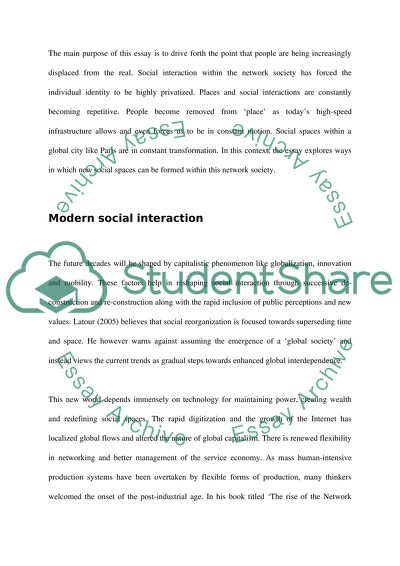Cite this document
(“Globalization: the death of social identity: a critical review of the Essay”, n.d.)
Retrieved from https://studentshare.org/environmental-studies/1406233-globalization-the-death-of-social-identity-a
Retrieved from https://studentshare.org/environmental-studies/1406233-globalization-the-death-of-social-identity-a
(Globalization: the Death of Social Identity: A Critical Review of the Essay)
https://studentshare.org/environmental-studies/1406233-globalization-the-death-of-social-identity-a.
https://studentshare.org/environmental-studies/1406233-globalization-the-death-of-social-identity-a.
“Globalization: the Death of Social Identity: A Critical Review of the Essay”, n.d. https://studentshare.org/environmental-studies/1406233-globalization-the-death-of-social-identity-a.


